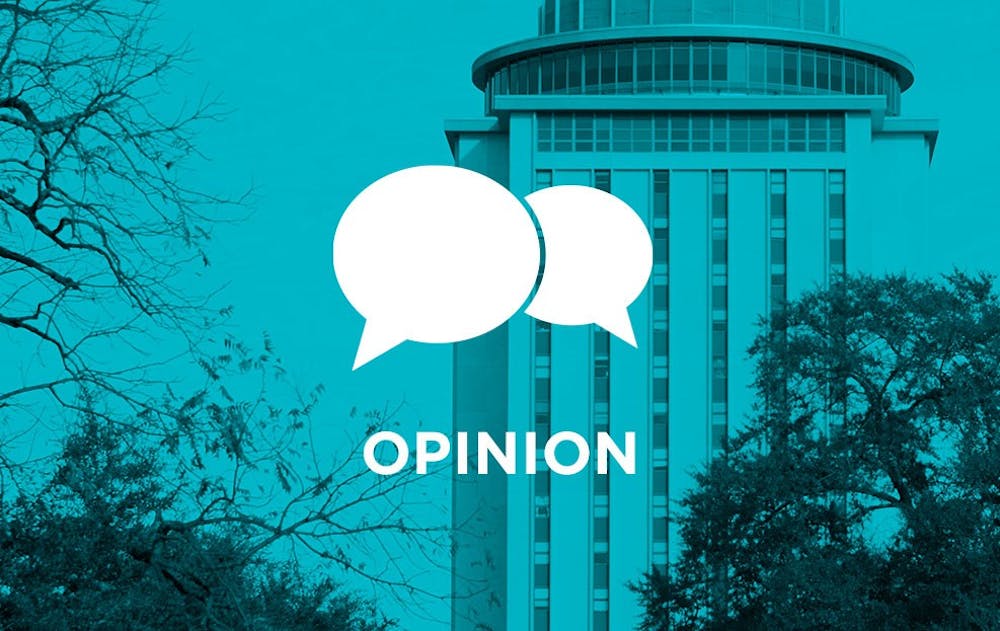When you Google, “queer places in Columbia SC,” the first, and only, thing on the page is a list of clubs or bars: PT’s 1109, The Capital Club and Art Bar being the most prominent. All of these, however, do not open until 5 p.m. and are either exclusive to members or 18 plus. On top of that, most of the restaurants or coffee houses mentioned in the “South Carolina Gay Nightlife Guide” are not LGBTQ+ exclusive, but only “gay-friendly,” and while it is good to know where the gay allies take solace, there is still a major need for queer-only spaces that do not serve alcohol.
Party culture is the most detrimental trope for queer youth. Growing up watching "Queer as Folk" (one of the most prominent shows in LGBTQ+ television) I, among many other LGBTQ+ kids, got tricked into believing the queer mythology that surrounds gay nightlife. It seemed as if gay men were out on the town drinking, doing drugs and having sex every night. However, that is not (to say the least), at all, what LGBTQ+ adulthood is. And, while gay media has tried to convey the problems that can occur from this extensive nightlife, it does not cover the fact that drug abuse and drug addiction is becoming a plague in the queer community.
For young gay men, many get mixed up in the horror of party culture because they are trying to find a safe space to express their identity, and the fact that they do not have alternative substance-free spaces to go to prolongs this. Not only do bars, by law, exclude youth, but most of them are unwelcoming to queer people outside the realm of homosexual men. There is a need for alcohol-free, age-appropriate queer areas.
A safe space for all LGBTQ+ identities is imperative for them to “gather, socialize, and connect, without worrying about blatant hate or even microaggressions.” In fact, there is a reason that “queer cafes” are becoming increasingly popular. For youth who are too young to go to bars and elders who do not feel comfortable in the loud club environment, LGBTQ+ coffee shops are a place for solace. They allow queer people to enjoy some time alone or with friends without the pressures of alcohol or the fear of acceptance, and Columbia is in desperate need of them.
The South has many problems when it comes to LGBTQ+ inclusion, and even though Columbia is described as being “welcoming and supportive of gay culture,” there is still work to be done. The university’s campus provides for a large influx of racial, sexual and gender diversity, but state laws still push down on a large portion of the queer community. Because of the lack of hate crime laws and roadside discriminatory remarks, LGBTQ+ students need safe spaces on and off campus where they can find comfort and community without ridicule and without alcohol. The demand for inclusive community facilities are on a rise, and Columbia needs to start supplying.

